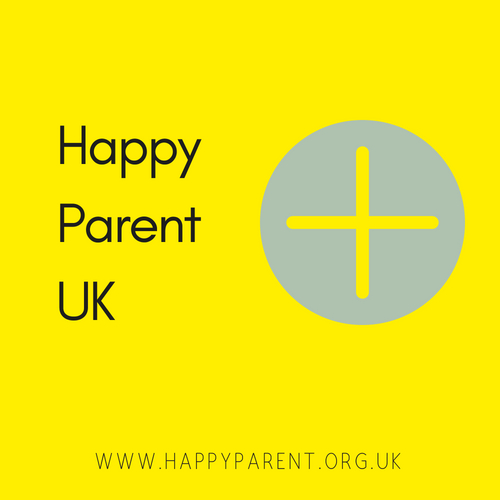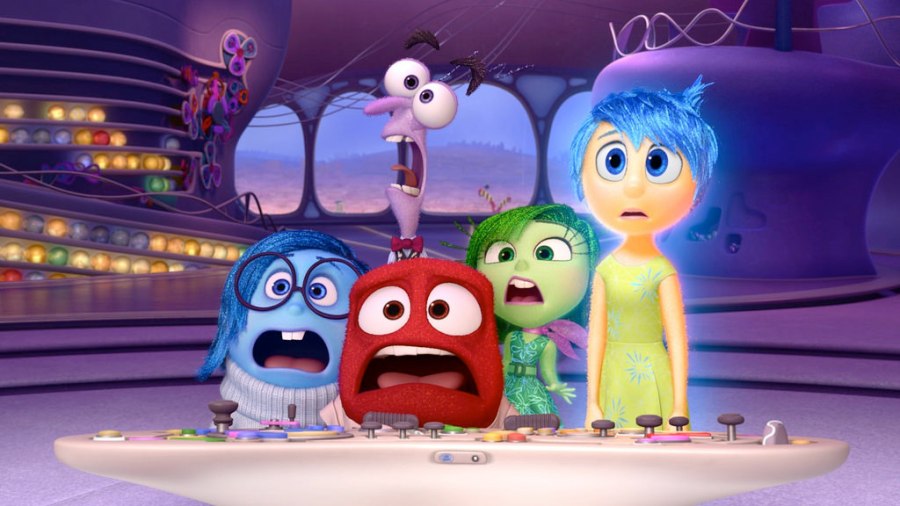When faced with a decision between one course of action and another, the motivation can make as much difference as the actual choice you make.
Leaving a job, confronting a loved one, telling someone how their actions have affected you – these are not always easy, and can sometimes lead to pain.
But each of these can be done out of spite or out of love.
Leaving a job can mean thumbing your nose at your employer and saying good riddance to the aspects of the job that led to finding another role elsewhere.
Or it can mean acknowledging your needs, how these aren’t being met in your current role, and being grateful for everything your current role has taught you, as well as leaving the place better than you found it.
Staying in a job where you’re unhappy could create discontent, building tension and dissatisfaction for you and your colleagues, or a nasty competitive environment where you spend most of your energy proving why others are wrong, rather than .
Or it could mean appreciating what is good about where you are, seeking to bridge differences and make the workplace better for colleagues and customers alike.
The decision – should I stay or should I go? should I try to talk to them about it or pull away? – isn’t always the most important factor. The motivation behind a decision is both the ‘why’ you do something, and dictates the ‘how’.
And that makes all the difference.


